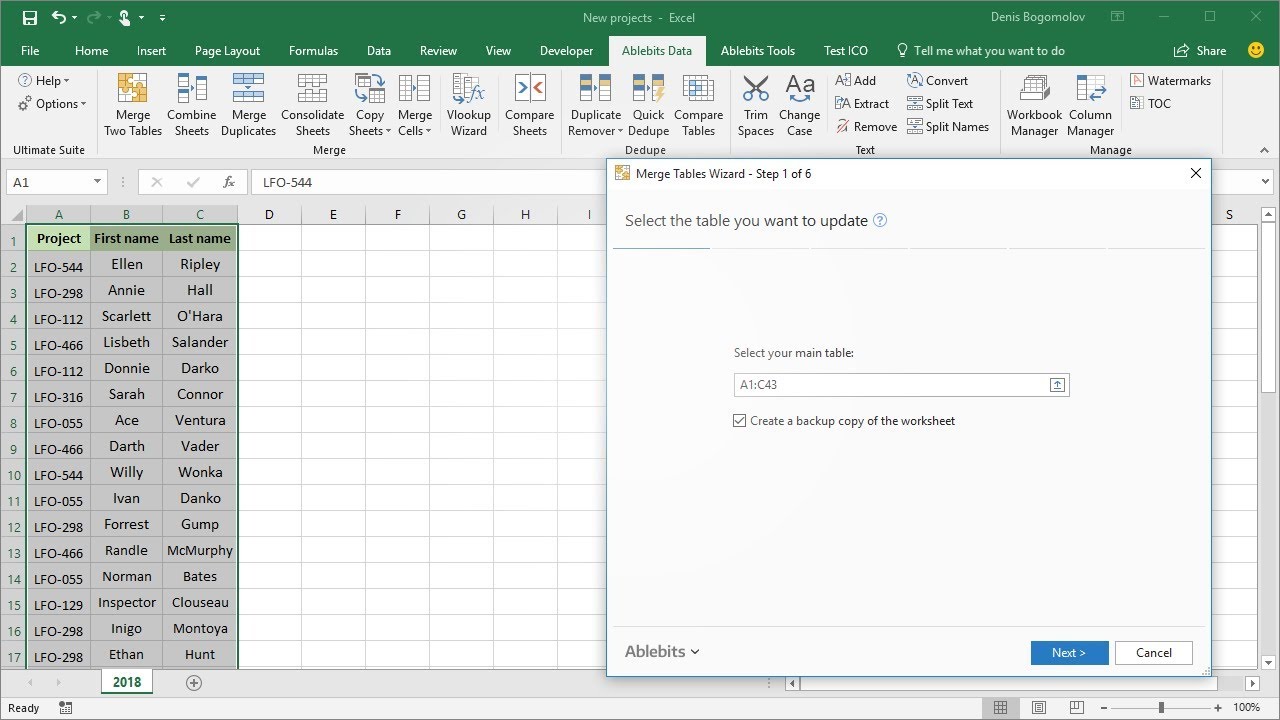Insert Excel Sheets Into Workbooks Easily: Quick Guide

In today's fast-paced business environment, efficiency is key. Microsoft Excel, with its robust features, is a go-to tool for managing data, analysis, and reporting. Among its many capabilities, the ability to insert sheets into workbooks is one of the most frequently used but often not understood comprehensively. This guide will walk you through the process of seamlessly integrating additional sheets into your Excel workbooks, ensuring you can manage complex datasets with ease.
Why Insert Sheets?

Before diving into the “how-to,” let’s discuss why you might need to insert new sheets:
- Organize Data: Separating different datasets into individual sheets helps keep your workbook tidy.
- Analysis: For comparative analysis, you might need sheets for different time periods or scenarios.
- Sharing: Sharing specific sheets allows you to provide relevant data without revealing the entire workbook.
How to Insert Sheets in Excel

Inserting a new sheet into your Excel workbook can be accomplished through various methods. Here are the most common ones:
Using the Plus Icon

The simplest method is by clicking the plus icon (+) next to the sheet tabs:
- Locate the tab bar at the bottom of your Excel window.
- Click the + button to instantly create a new sheet to the right of your current sheets.
📝 Note: The new sheet defaults to the name 'Sheet#' where # increases sequentially with each new sheet added.
Using the Right-Click Menu

If you prefer a more controlled approach:
- Right-click on any existing sheet tab.
- From the context menu, select Insert.
- Choose Worksheet from the Insert dialog box.
Using Keyboard Shortcuts

Keyboard shortcuts offer an even faster way to insert sheets:
- Windows: Shift+F11
- Mac: Fn+Option+N (the function keys on newer Mac keyboards might require you to press the Fn key as well)
💡 Note: Mac users might need to customize their keyboard settings or ensure the Excel menu bar is visible to access this shortcut.
Customizing New Sheets

After inserting a sheet, you might want to tailor it:
- Rename: Double-click on the sheet name to rename it or right-click and select ‘Rename’.
- Color: Right-click on the tab and choose ‘Tab Color’ to assign a visual cue for easy identification.
Advanced Techniques

For those looking to automate or enhance the process:
VBA Automation

If you frequently need to insert sheets with specific settings, VBA can help automate this task:
Sub InsertNewSheet()
‘ Adds a new sheet named “MySheet” to the workbook
ThisWorkbook.Sheets.Add(After:=ThisWorkbook.Sheets(ThisWorkbook.Sheets.Count)).Name = “MySheet”
End Sub
🔍 Note: To use VBA, you must enable Macros in Excel and understand basic VBA scripting.
Moving Sheets

Once sheets are inserted, you might need to reorganize them:
- Drag and Drop: Click and drag a sheet tab left or right to move it.
- Using the ‘Move or Copy’ Dialog:
- Right-click on the sheet tab.
- Select Move or Copy.
- Choose the workbook and location where you want to move the sheet.
Wrapping Up

The process of inserting sheets into an Excel workbook, while straightforward, can be optimized for efficiency and workflow. Whether you’re organizing data, preparing for analysis, or collaborating with others, mastering the different methods to insert, rename, and move sheets enhances your Excel proficiency. Keep in mind that Excel’s capabilities extend beyond basic data entry, offering tools to streamline your work and manage your data with a high degree of sophistication. With practice, these techniques will become second nature, allowing you to navigate and manipulate your Excel workbooks with confidence and ease.
Can I insert multiple sheets at once?

+
Yes, with VBA or third-party add-ins, you can insert multiple sheets simultaneously, but Excel itself doesn’t provide a direct way to do this.
How many sheets can a single Excel workbook have?

+
The number of sheets is limited only by system memory, but typically, workbooks can handle hundreds of sheets without performance issues.
What happens if I reach the sheet limit in Excel?

+
Excel might start to run slowly if you approach or exceed the practical limits of your system’s memory. Consider optimizing your data or splitting your workbook.
Can I use formulas to reference data from different sheets?

+
Yes, Excel allows you to use cell references across sheets by specifying the sheet name in your formula, like ‘=Sheet2!A1’.
What are some best practices for organizing sheets?

+
Use clear naming conventions, color-code tabs for easy recognition, and maintain a logical order to your sheets. Additionally, group related sheets together to enhance navigation.



